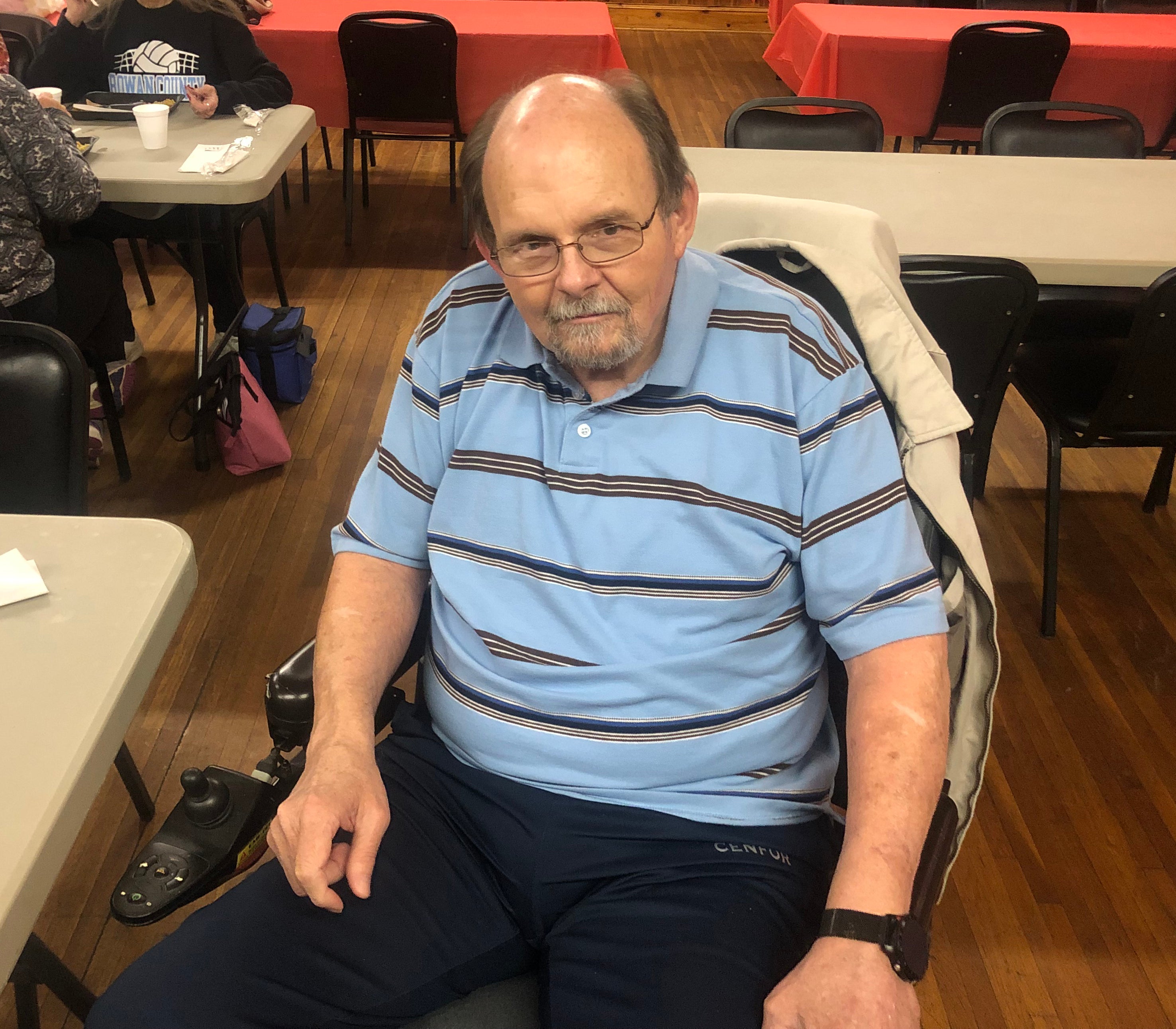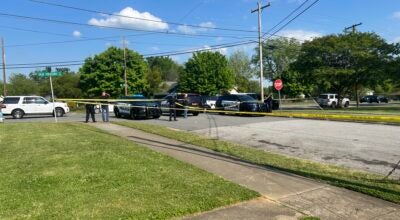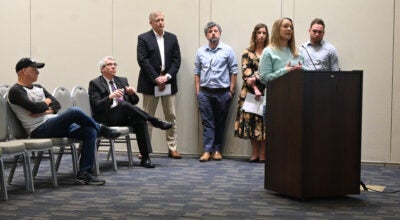Don’t miss a beat: New implant device gives heart patients hope
Published 12:08 am Thursday, February 2, 2023

- Rodgers speaks against fast food and recreational drugs as causes of heart failure.
By Brad Dountz and Charlie Drape
news@salisburypost.com
CHINA GROVE — A single heartbeat can mean the difference between life and death. Even for how vital it is, your heart can still be taken for granted every single day it works, until suddenly it fails. In 2006, David Rodgers had a heart attack and has never forgotten how precious each day is since.
The 65-year-old worked in state government before retiring in 2002. He was one of the original organizers of the Southern Rowan Christmas Parade and served on the Board of Aldermen. He also suffers from kidney disease, is a diabetic and has been struggling with symptoms of heart failure since he had a heart attack.
Almost 6 million people in the United States have heart failure, a condition where the heart doesn’t pump enough blood to meet the needs of our body. Some of the leading causes of heart failure are diseases that damage the heart, such as high blood pressure and diabetes.
In December, Rodgers had a procedure that doctors hope will reduce his heart failure symptoms. He had a Barostim device, which is similar to a pacemaker, implanted on the right side of his chest.
According to the United States Food and Drug Administration, the Barostim device “includes a pulse generator, which is implanted below the collar bone on the right side of the chest. The generator is connected to a lead that attaches to the carotid artery in the neck. Once the device is implanted, a doctor programs the device which delivers electrical impulses to cells in the neck called baroreceptors, which sense how blood is flowing through the carotid arteries and relays information to the brain.”
“The barorecptors are receptors that live in the carotid artery and basically when they feel extra pressure or stimulation from the heart they say ‘wait a minute I’m getting a little extra blood flow, I’m getting a little extra pressure and I might need to tamp that down a little bit,” said Dr. Priyesh Patel, the cardiologist who performed the procedure on Rodgers.
The Barostim device alerts the baroreceptors and sends signals to the brain which, in turn, sends signals that relax the heart and blood vessels and reduce the production of stress-related hormones. By lowering these hormones, you lower heart failure symptoms.
“I believe that it’s going to help and that’s the main thing. As it says it outsmarts the heart. Basically, that’s what it does,” Rodgers said.
The operation was conducted on Dec. 15. It took about an hour, but Rodgers stayed overnight.
Atrium Health Cabarrus is only one of two sites in North Carolina that offer the procedure, but Patel said other hospitals will soon be able to have the Barostim device as a part of their medical options.
“I know for a fact that almost every center in North Carolina is trying to get the device and learn how to use them,” Patel said.
Rodgers’ implant started on level one, the lowest setting. It is now on level three. Doctors will gradually raise the levels of the implant. This month, it will be on level eight, its highest level. Once at the maximum level, Rodgers will see his doctor every three to six months to make sure everything is working properly.
“One of the biggest problems I’ve had was getting out of breath and that’s starting to improve. That’s something that the device seems to help with a lot. It kind of addresses all of the symptoms of heart failure,” Rodgers said.
His mother’s side of the family has a history of heart issues, making Rodgers think his own heart problems are hereditary. He stresses people need to be proactive with their heart health before it is too late.
“People need to be more aware that they need to be having their physicals and they need to be more careful with what they eat,” Rodgers said. “I’m careful of what I eat and do like I’m supposed to do.”
But not everyone will be able to qualify for the procedure. It is only for patients who have run out of other treatments, such as prescribed medications and different therapies. Also, patients must suffer from a low heart “ejection fraction,” which measures how much blood leaves the heart each time it contracts.
“These are for people that have low heart function, you have to have an ejection fraction of 35% or less and who are symptomatic despite being optimized on all these medicines we know help people live longer and feel better,” Patel said.
Normal ejection fraction levels are 55-75%, Rodgers’ levels were at 25%. This affected his breathing and had to postpone his knee operations.
Rodgers recommends speaking to a cardiologist about getting the procedure if you meet the qualifications. Even with the challenges, he still hasn’t stopped being positive and making each day a blessing.
“I have never been upset with anything that I’ve gone through with my heart, ” Rodgers said. “That’s the way I look at it. The good Lord looks after you, takes care of you. I’ve always said that, he had a reason for me being here.”






